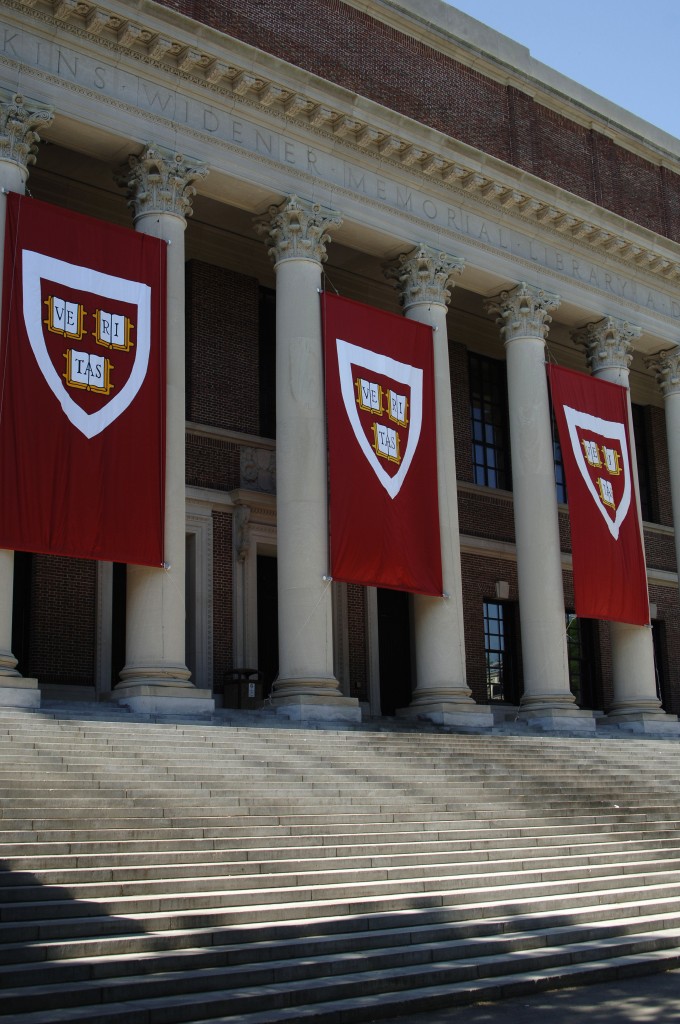Ivy League Professors, Staff Donated Mostly to Democrats in 2014
Kathryn Watson /
Employees at Ivy League schools donated more than $2 million in the 2014 election cycle, largely favoring liberal candidates, committees and causes.
It’s no secret most college professors tend to be left-of-center — and studies show that’s increasingly the case — but recent OpenSecrets.org data says the university faculty and staff training the next generation of leaders are putting their money where their mouths are.
Only two Republicans made the top five list in terms of donations received at any of the eight Ivy League universities. Sen. Susan Collins of Maine got the fifth-most donations from Dartmouth College–just $2,000. And Sen.-elect Joni Ernst of Iowa finished fifth at Princeton with $5,200.
At Harvard University, where employees donated more than $1 million–tops among Ivy League schools–the university earned the designation of “heavy hitter” from OpenSecrets.org.
The Democratic National Committee was the biggest beneficiary at five of the eight schools.
Historic explanations for political leanings of academics are complex. But not too long ago, academia was more ideologically balanced.
In a 1998-99 survey by the UCLA Higher Education Research Institute, just 47.5 percent of university professors identified themselves as “liberal” or “far left.” By the 2007-08 academic year that had increased to 55.8 percent, and in the 2010-2011 study, 62.7 percent of American professors identified themselves that way.
“Once you sort of get a department above 50 percent (in ideology), they’ll tend to keep people out who oppose them,” said Daniel Klein, an economics professor at George Mason University in Virginia who has published his research on the subject in a paper, “Groupthink in Academia: Majoritarian Departmental Politics and the Professional Pyramid.”
“So, it’ll tend to go from 50 to 60 to 70 to 80 percent, is what I’m suggesting.”
Choosing like-minded people may be a natural human behavior, Klein said, but it isn’t necessarily the best thing for the world of ideas.
“It’s a very important belief to people, their politics,” Klein said. “So it goes very much to who they are and their identity, and that’s why they really do want to protect and insulate themselves, which I think is what we’ve been doing more and more in the university.”
Read more at Watchdog.org, including an Ivy-by-Ivy donation breakdown.

